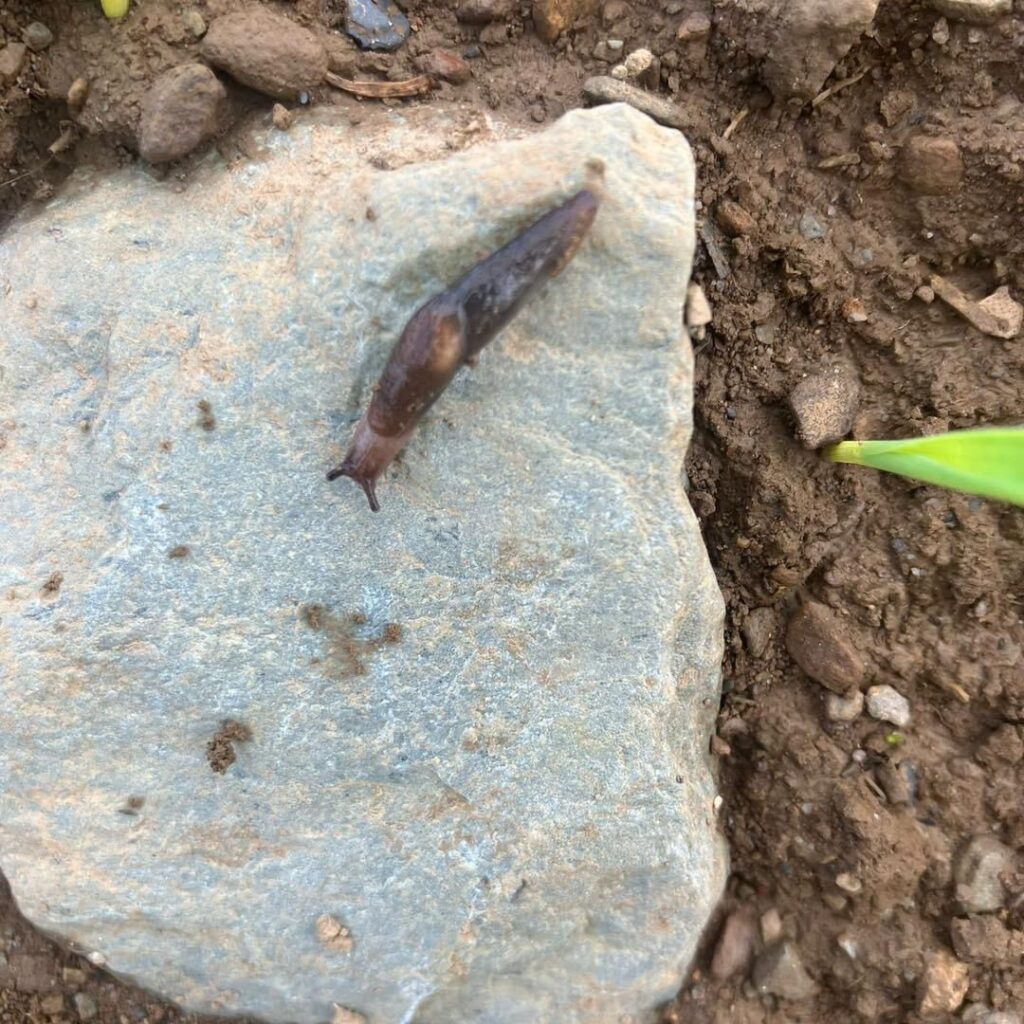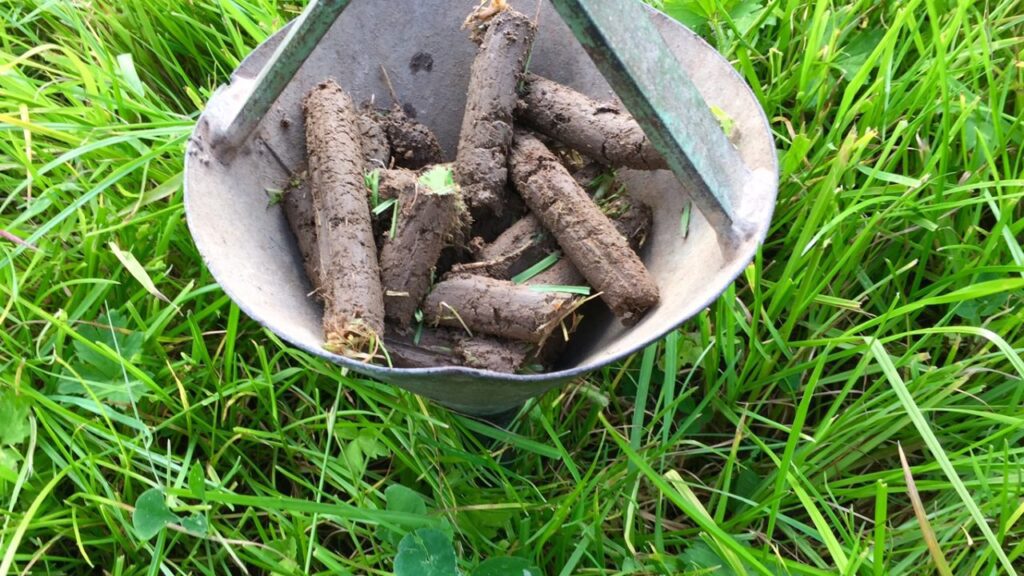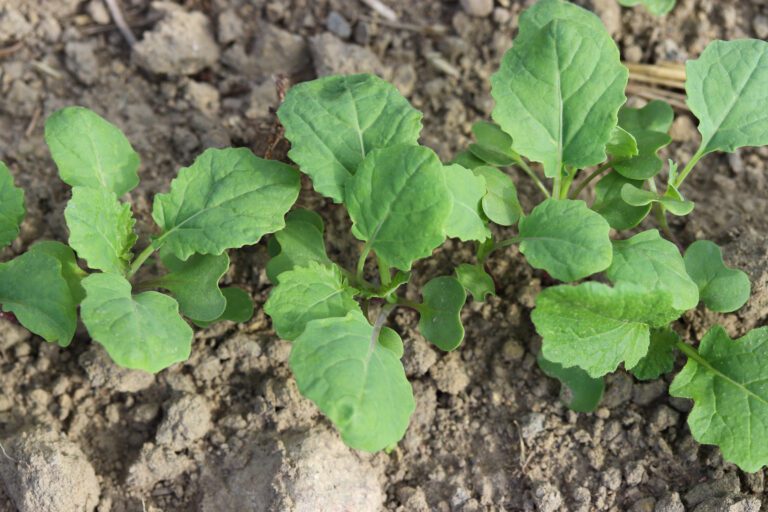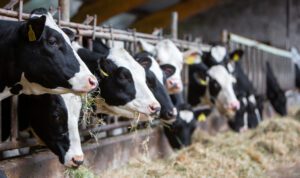Oilseed Rape
Although the winter oilseed rape plantings have declined in Autumn 2024, the crops that have been planted are doing incredibly well.
The majority of crops currently have big canopies due to the persistently dry and mild weather. Importantly, problems associated with disease are now emerging. All rape crops should be treated for Light Leaf Spot and Phoma with a fungicide in the coming days in order to prevent disease.
A Plant Growth Regulator (PGR) should be used on any advance crops to help control canopy development over the winter. This can be incorporated with the herbicide application.
As soil temperatures are falling, the main recommended herbicides are Propyzamide based products. Where AstroKerb is used, oilseed rape straw cannot be used towards mushroom compost. Contact your Drummonds Agronomist for advice on oilseed rape.

Slug Monitoring
As autumn turns to winter, soils will generally get wetter so keep an eye out for pest attacks on any crops that were planted later, notably wheat after beet or potatoes. Put some traps down where you think slugs could be an issue. You can use a plastic bag or slate with cereal below to draw the slugs in. To see the populations, check the traps every day. Treatment is usually necessary for crops that are struggling or emerging and when you observe five slugs or more. In crops that have emerged, if 5 out of 50 plants are stripped, treatment is advised. Contact your Drummonds Agronomist for further information and advice.

Nutrient Management Plans
As 2024 is drawing to a close it is time to start actioning the jobs that are usually carried out over the months of December and January.
A nutrient management strategy is one such task that can be performed in the upcoming weeks. When purchasing chemical fertiliser, you must ensure that you are in compliance with the nitrates regulations since the fertiliser registration is currently operational. Ensure that every field has a current soil analysis report if not, make plans to get any untested fields tested immediately.
The nutrient management plan will be based on these soil tests, which will also establish the type and quantity of fertiliser you can purchase. Keep in mind that your fertiliser ‘P’ allowance is zero if you do not have a current soil test. Similarly, you simply cannot risk employing organic manures unless you can determine the balance that chemical fertilisers should provide. There won’t be much time left in the spring to finish this so it is recommended to carry these tests out during this quieter period. Drummonds are offering a wide range of testing to suit the farmers needs so get in touch with your Drummonds Agronomist for more information.




